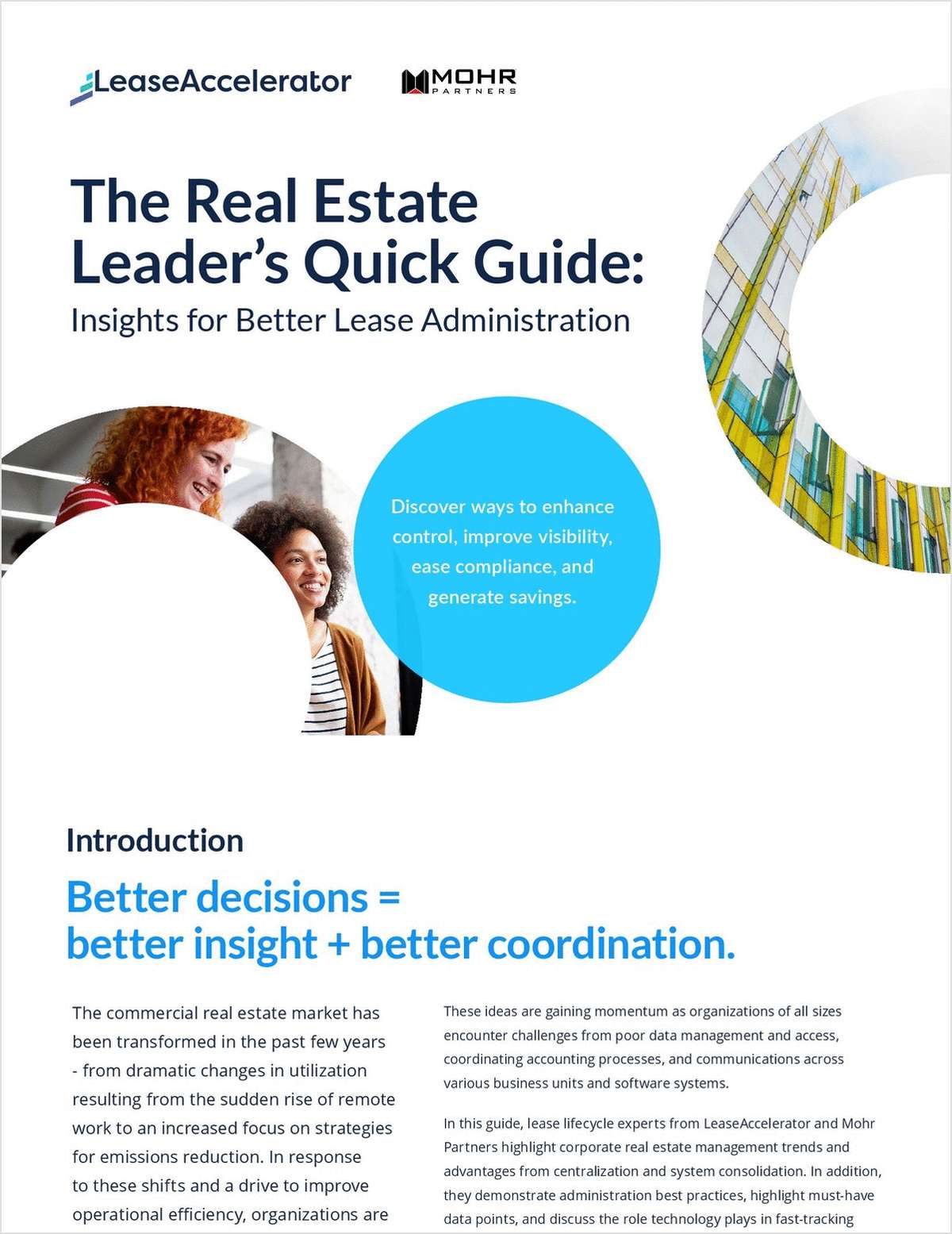Fifteen sales totaling 3,330 units and valued at $139.3 million were closed in the first half, compared to four sales totaling 846 units and valued at $41.8 million in the comparable 2002 period. In 2001, 20 sales were recorded, totaling 4,812 units and valued at $288 million. The average per-unit price this year is $48,345 versus $49,456 last year at this time and $49,854 in 2001.
"With the large number of deliveries expected, the multi-housing market may show only modest improvement this year, but Orlando's strong economy seems poised to spur further gains in 2004," says CBRE SVP Robert W. Miller.
Citing data from Torto Wheaton/Research, Miller says the city ranked fourth in the nation in year-over-year change in employment. "The Orlando market absorbed 20,290 jobs over the last year while most cities continued to experience negative absorption," the broker says. "The area's employment growth bodes well for the future success of the Orlando economy and to multi-housing properties as an investment opportunity."
But Roger Tutterow, director of the Econometric Center at Kennesaw State University in Kennesaw, GA, thinks Miller's projection could be too optimistic at this time. Writing in the monthly newsletter for investors and shareholders at Atlanta-based Primary Capital, Tutterow says, "In Florida, job creation is moderately stronger, with Orlando adding 13,600 jobs over the past 12 months. However, the prospects for either Atlanta or Orlando enjoying a return to late 1990's employment growth is unlikely in the near term."
Most likely, Tutterow says, "employment in those regions will edge up over the coming quarters, but will not post major gains until well into 2004." He adds, "The combination of low mortgage rates moving renters into home ownership at a record pace and a lack of new migration driven by employment gains have pushed vacancy rates for rental properties to levels not seen since the 1990 recession."
"The prospects for a broad recovery in the residential rental market are not favorable," he says.
Still, says CBRE's Miller, "We expect occupancy to remain stable throughout the year, and predict significant growth in occupancy and effective rents by the end of 2004." He says construction activity is "likely to slow down in 2004, thus allowing demand to further exceed the supply of rentable units in the market."
Continue Reading for Free
Register and gain access to:
- Breaking commercial real estate news and analysis, on-site and via our newsletters and custom alerts
- Educational webcasts, white papers, and ebooks from industry thought leaders
- Critical coverage of the property casualty insurance and financial advisory markets on our other ALM sites, PropertyCasualty360 and ThinkAdvisor
Already have an account? Sign In Now
© 2024 ALM Global, LLC, All Rights Reserved. Request academic re-use from www.copyright.com. All other uses, submit a request to [email protected]. For more information visit Asset & Logo Licensing.








